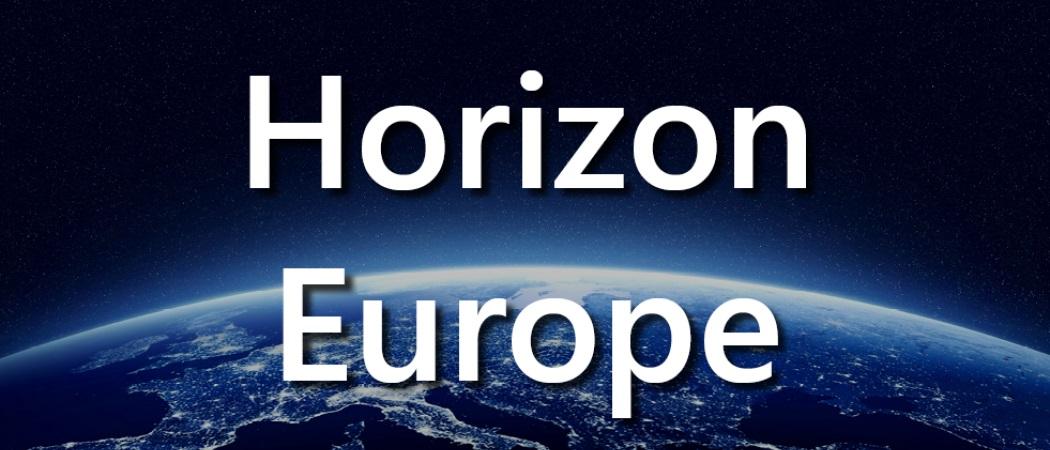Latest details on the new budget proposal reveal plan to cut 3.2% off most Horizon Europe programmes, while giving a boost from the pandemic R&D fund to the European Innovation Council and applied research in health, digital and climate

A €13.5 billion boost to Horizon Europe from the EU’s pandemic recovery fund will be routed to the European Innovation Council (EIC), and to applied research projects in health, digital and climate.
This means no recovery money will reach the coffers of Horizon programmes focused on fundamental research and mobility such as the European Research Council (ERC) and the Marie Skłodowska-Curie actions (MSCA), Paul Webb, head of unit for budget and long-term budget synergies at the European Commission told a Science|Business webinar last week.
Webb said the budgets for the ERC and MSCA are still a lot higher than in the current research programme, Horizon 2020, considering that the new budget proposal excludes the UK and is tailored for 27 member states, not 28.
Under Horizon 2020, the ERC had a budget of €13.1 billion, while the current proposal for Horizon Europe increases it to €16.1 billion (in 2018 prices). Webb said that is “a considerable increase” for a budget that covers only 27 member states.
According to a budget proposal released by the European Commission in May, the EU’s next research programme will receive a €13.5 billion top-up from a €750 billion pandemic recovery fund. The money will come on top of €80.9 billion proposed by EU council president Charles Michel in February, which is €2.6 billion less than the commission’s 2018 proposal, representing a 3.2 per cent cut through all Horizon Europe programmes.
According to Webb, the additional money from the research recovery fund will cover projects in four priorities in Horizon Europe: health; digital, industry and space; climate, energy and mobility; and the European Innovation Council.
Each priority is likely to get 25 per cent of the recovery fund, which will be available only for the first four years of Horizon Europe. Around 70 per cent of the recovery money to be spent in the first two years of the programme, said Webb.
The grants will cover mostly research and innovation projects at higher technology readiness levels to help them reach the market faster.
The Horizon recovery fund is also likely to be made available to associated countries, “if the money is brought fully in the Horizon budget,” said Webb.
The details will be settled over negotiations the EU is expected to start soon. “In the next few months we will try and start the association negotiations,” said Webb.
Cohesion money for research
According to Webb, the commission’s new budget proposal also allows member states to allocate up to 5 per cent of their EU structural funds to national research proposals which will be evaluated and managed as part of Horizon Europe.
Member states will be able to transfer money from structural funds, which are usually spent on basic infrastructure, to Horizon Europe and use it on research projects that would not succeed otherwise to get EU funding because of the strong competition.
Previous schemes, like the ‘seal of excellence’ have failed to move money from structural funds towards projects that came just under the funding thresholds of the commission.
The details of the new plan are still being worked out in the commission, but it would be “a good opportunity to raise investment in research," said Webb.
All these plans could change as member states move into tense negotiations over the next seven-year budget of the EU.
But the commission hopes a deal will be reached in time for Horizon Europe to start as scheduled in January 2021.





 A unique international forum for public research organisations and companies to connect their external engagement with strategic interests around their R&D system.
A unique international forum for public research organisations and companies to connect their external engagement with strategic interests around their R&D system.